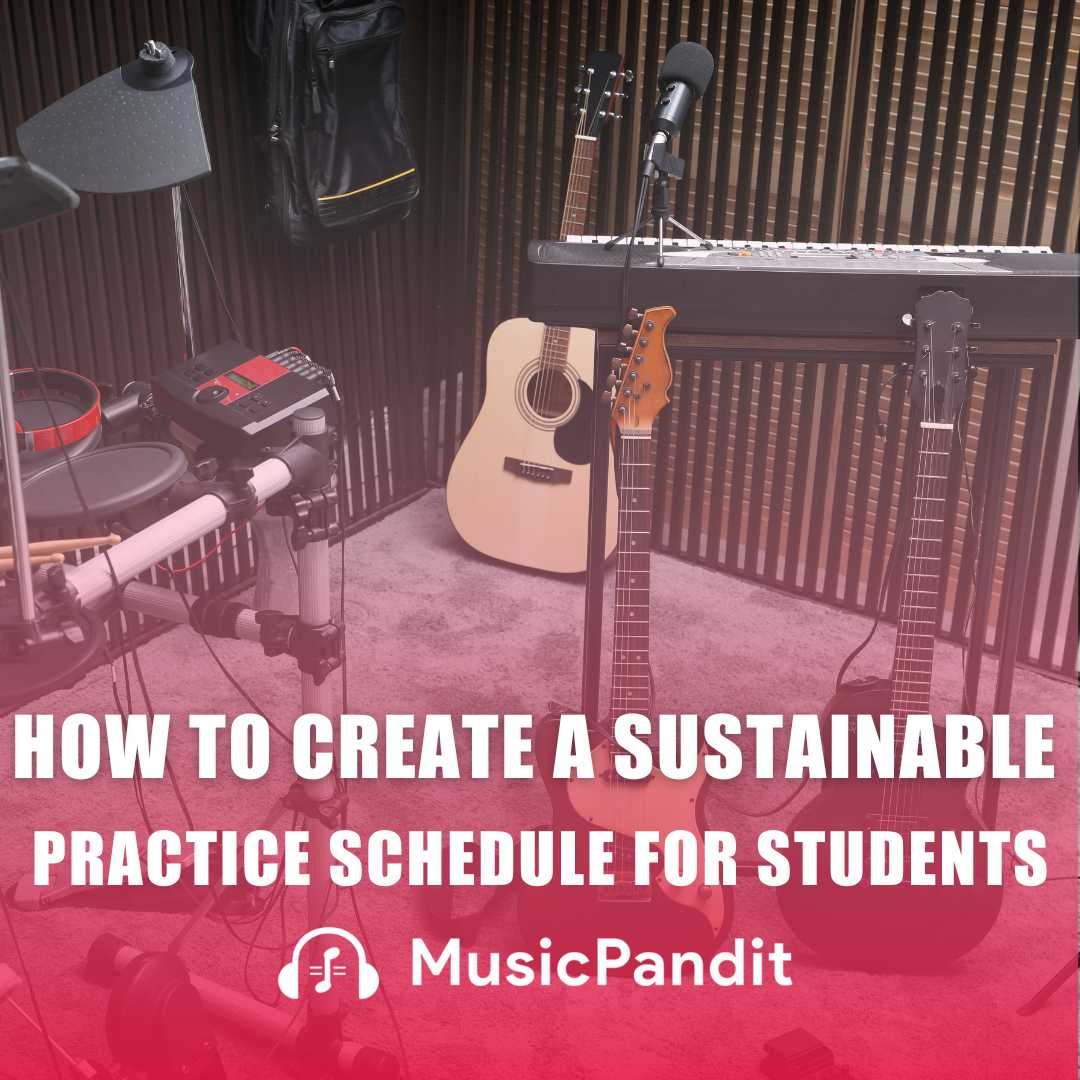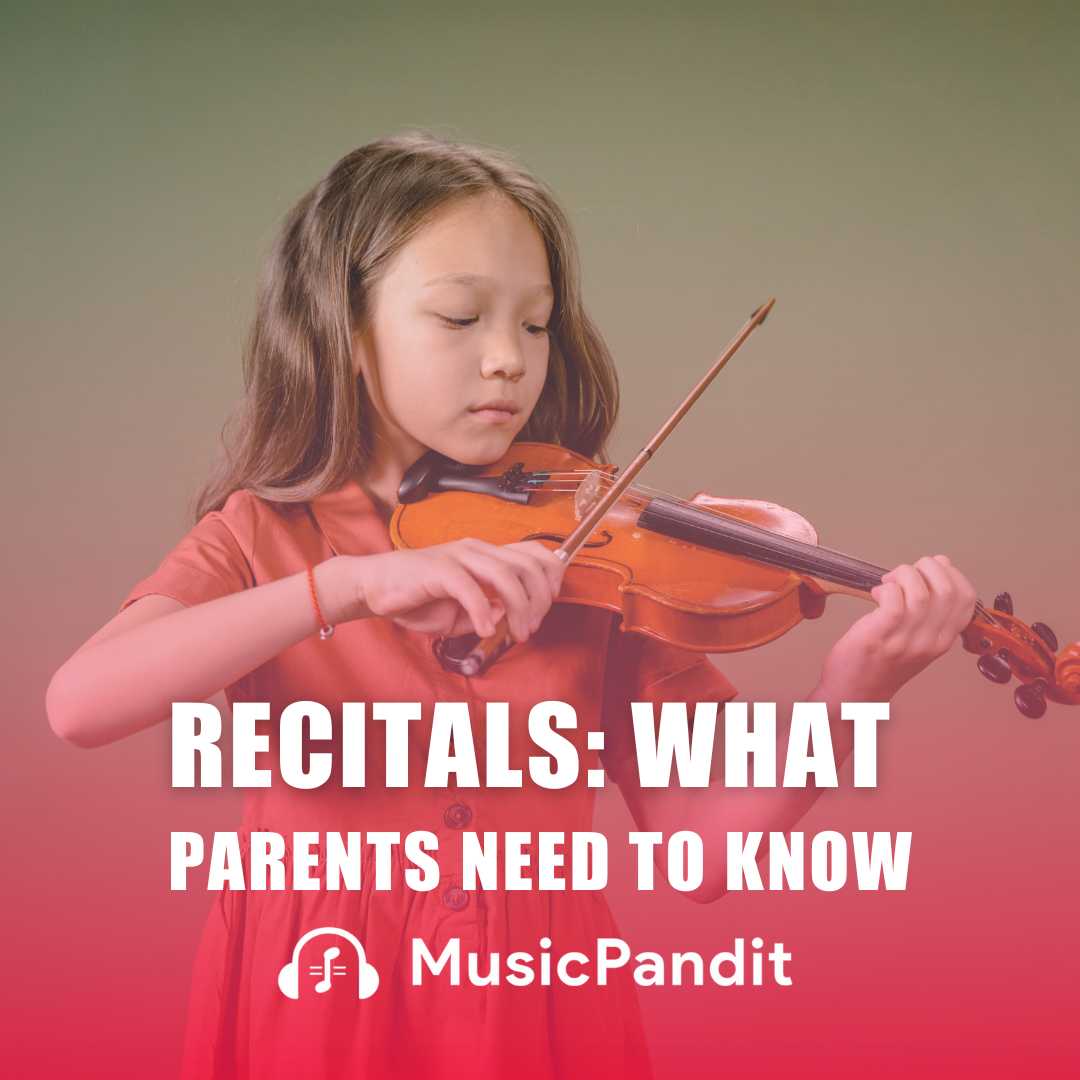Introducing your child to their first guitar class can be an exciting milestone. Music education fosters creativity, discipline, and confidence. However, preparing for this step requires thoughtful planning to ensure your child has a positive and enriching experience.
This guide offers parents a step-by-step approach to prepare their child for their first guitar lesson, covering everything from selecting the right instrument to building a supportive learning environment.
A Comprehensive Guide for Parents
Let’s begin!
1. Choose the Right Guitar for Your Child
The first step in preparing for guitar class is selecting an appropriate instrument. A guitar that suits your child’s size and comfort level is critical for a positive experience.
Acoustic vs. Electric Guitar: Acoustic guitars are great for beginners as they are straightforward and portable. Electric guitars, however, might appeal to kids inspired by rock music. Discuss your child’s preferences and consult their teacher.
Size Matters: For children under 10, a ¾-size guitar is often ideal. Ensure the guitar is lightweight, easy to hold, and allows your child to press the strings comfortably.
2. Gather Essential Accessories
Equipping your child with the right tools can enhance their learning experience:
- Picks: Opt for smaller picks designed for beginners.
- Tuner: A simple clip-on tuner helps maintain proper sound.
- Strap and Stand: A strap ensures comfort while standing, and a stand keeps the guitar safe.
- Music Notebook: For notes and practice schedules.
3. Create a Practice-Friendly Space
Dedicate a quiet and clutter-free space for guitar practice. This area should have proper lighting and all necessary equipment like a music stand and a chair without armrests. A designated space can encourage focus and routine.
4. Build Excitement About Learning
Introduce your child to the world of music by exposing them to inspiring experiences:
- Listen Together: Share guitar music by artists they admire.
- Concerts and Performances: Attending live events can ignite passion and motivation.
- Music Videos: Watch age-appropriate videos that showcase beginner guitarists.
5. Teach Basic Guitar Care
Help your child understand the importance of maintaining their instrument. Teach them how to:
- Clean the strings after use.
- Store the guitar in its case to protect it from damage.
- Handle the instrument gently to prolong its life.
6. Build Positive Practice Habits
Starting small and consistent is key:
- Daily Practice Routine: Encourage 15–20 minutes of practice each day to build a habit without overwhelming your child.
- Incorporate Fun: Use interactive apps or games to make practice enjoyable.
7. Communicate with the Guitar Teacher
Share your child’s learning style and any concerns with their instructor. Regular communication ensures that lessons are tailored to your child’s needs. Discuss lesson goals and encourage your child to share their thoughts and preferences.
8. Help Your Child Set Goals
Setting small, achievable goals can motivate your child:
- Short-term Goals: Mastering a simple chord or strumming pattern.
- Long-term Goals: Playing their favourite song or participating in a recital.
- Celebrate their achievements to boost confidence and reinforce their enthusiasm.
9. Address Common Fears and Challenges
It’s natural for beginners to feel nervous about new experiences. Reassure your child by:
- Encouraging them to ask questions during class.
- Reminding them that mistakes are a part of learning.
- Praising their efforts, not just their outcomes.
10. Foster a Supportive Environment
Your involvement as a parent can make a big difference:
- Stay Engaged: Ask your child about their lessons and progress.
- Participate: Sit in on lessons occasionally to understand their challenges.
- Celebrate Progress: Regularly acknowledge their hard work with words of encouragement or small rewards.
11. Encourage Exploration and Creativity
Learning guitar isn’t just about mastering techniques—it’s also about self-expression. Allow your child to explore:
- Different Music Styles: From rock to classical, encourage experimenting with genres.
- Original Compositions: Motivate them to create their melodies once they grasp the basics.
12. Reinforce Learning Through Performances
Performing in front of family or friends helps build confidence. Encourage your child to share what they’ve learned during family gatherings or casual meetups. Positive feedback can reinforce their love for music.
13. Use Technology to Enhance Learning
Interactive tools like guitar apps and live online classes provide real-time feedback and gamify practice sessions. These tools and teacher interaction can keep your child engaged and motivated.
Final Thoughts
Preparing your child for their first guitar class involves more than just buying an instrument. It’s about nurturing a supportive and inspiring environment that fuels their passion for music. By following this guide, you can set the stage for a rewarding musical journey that your child will cherish for years to come.















